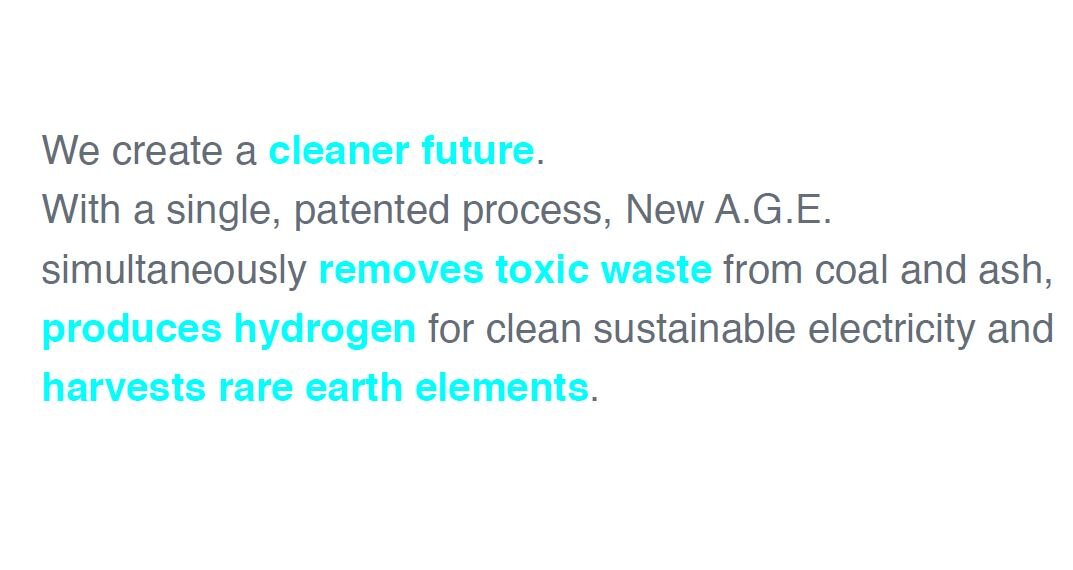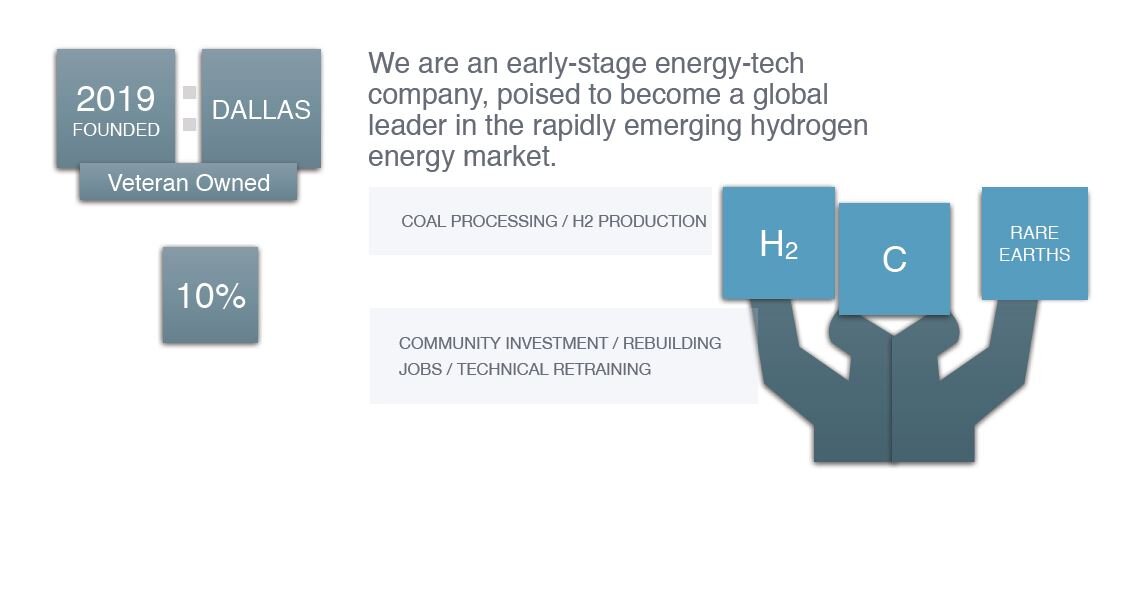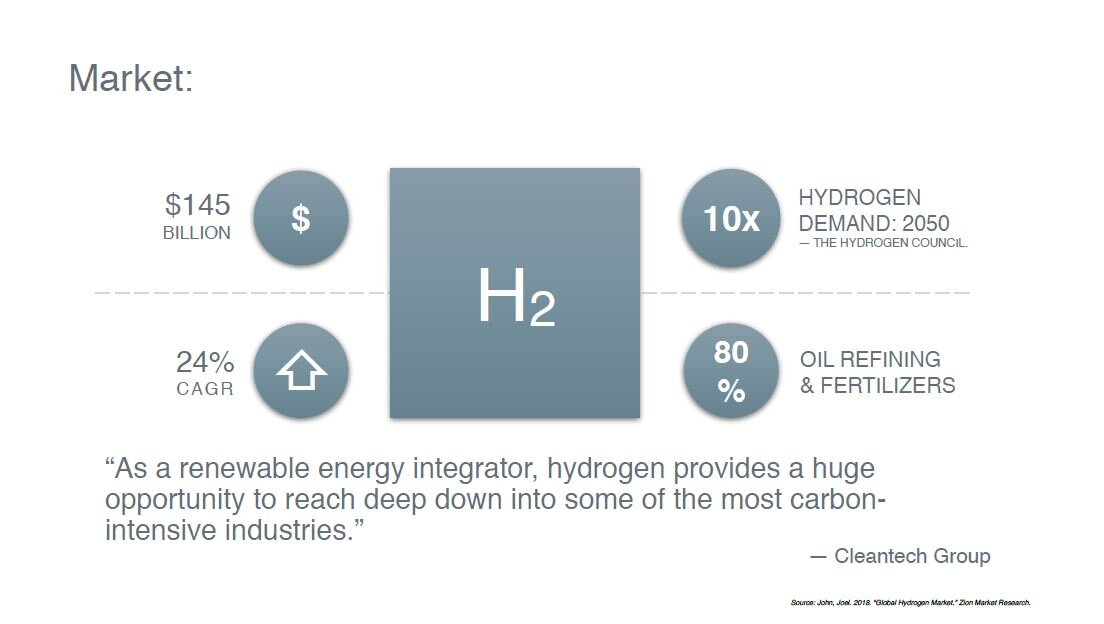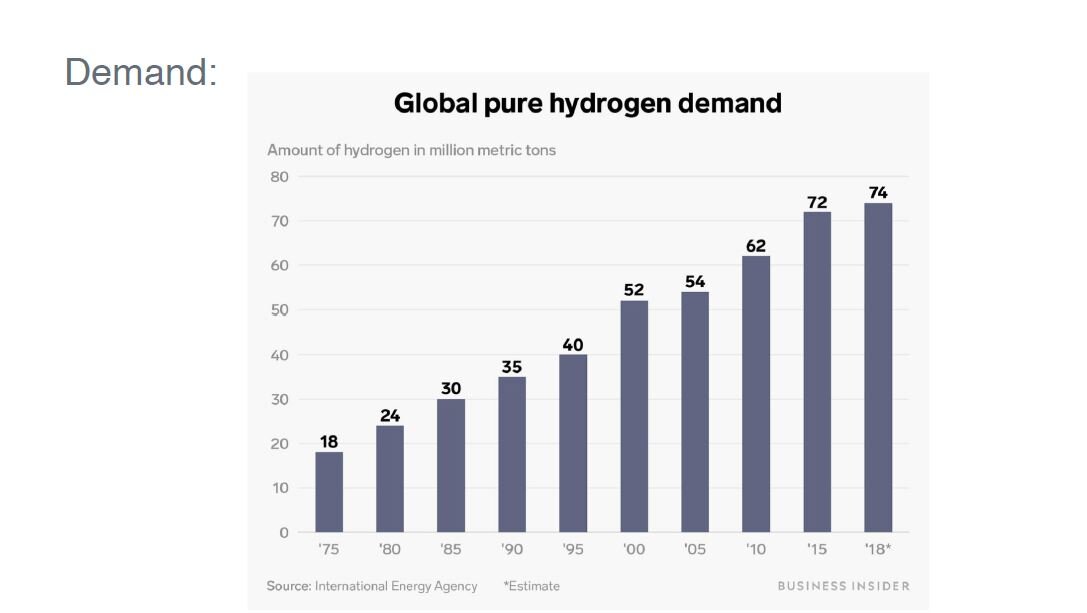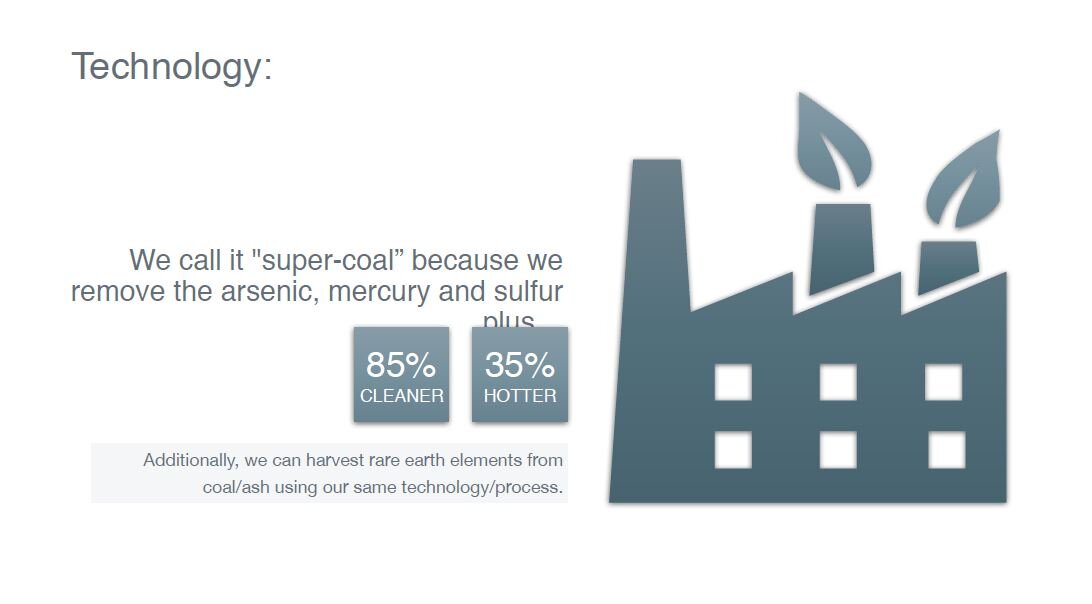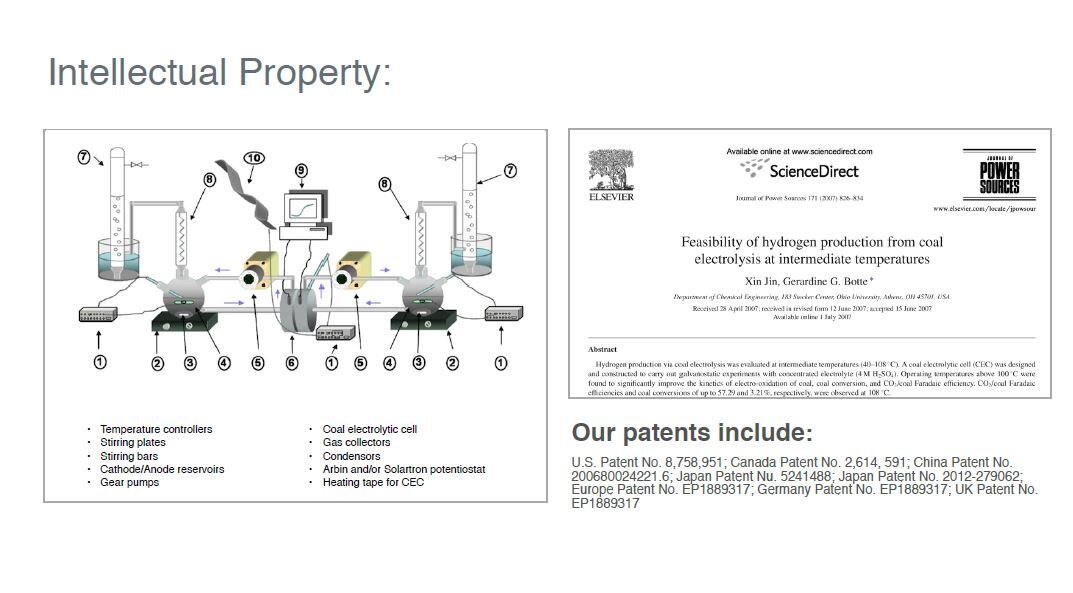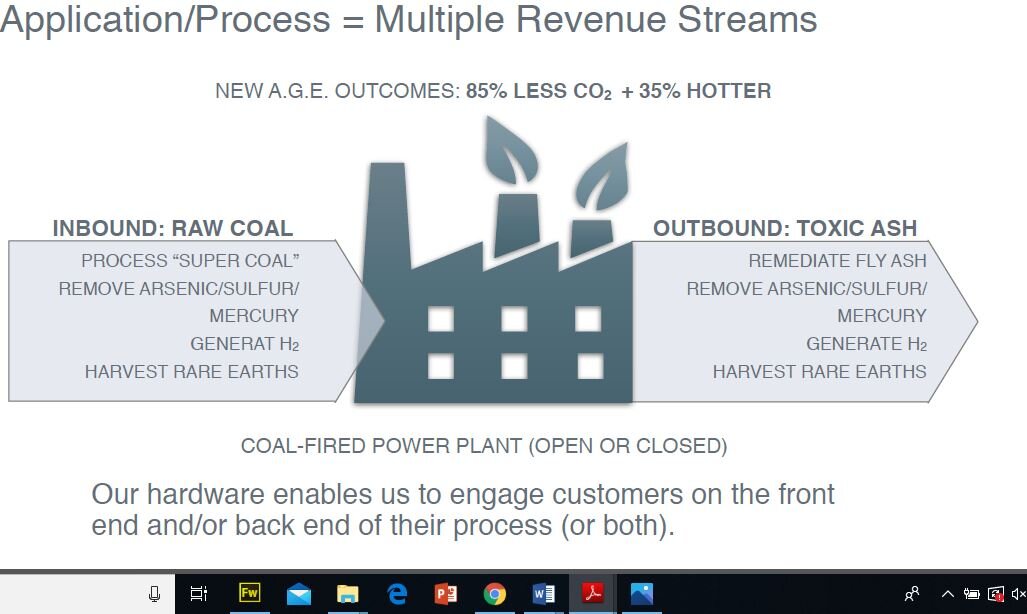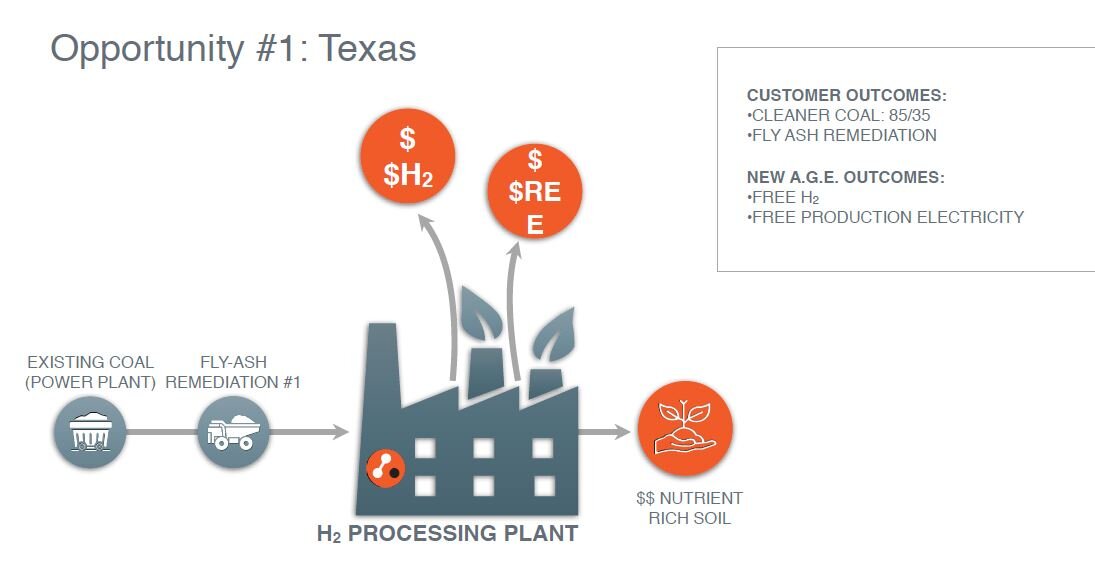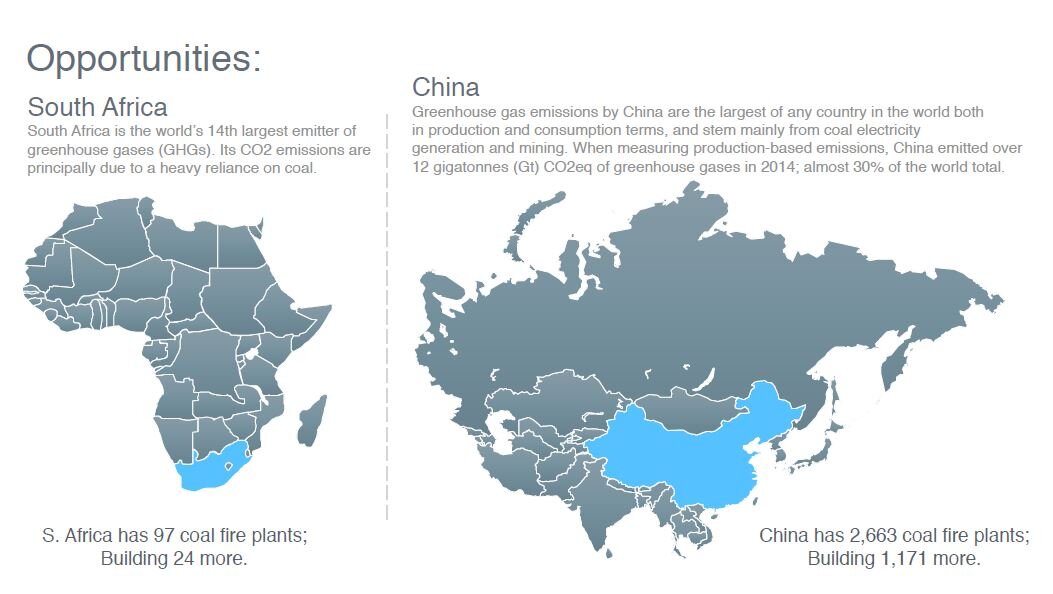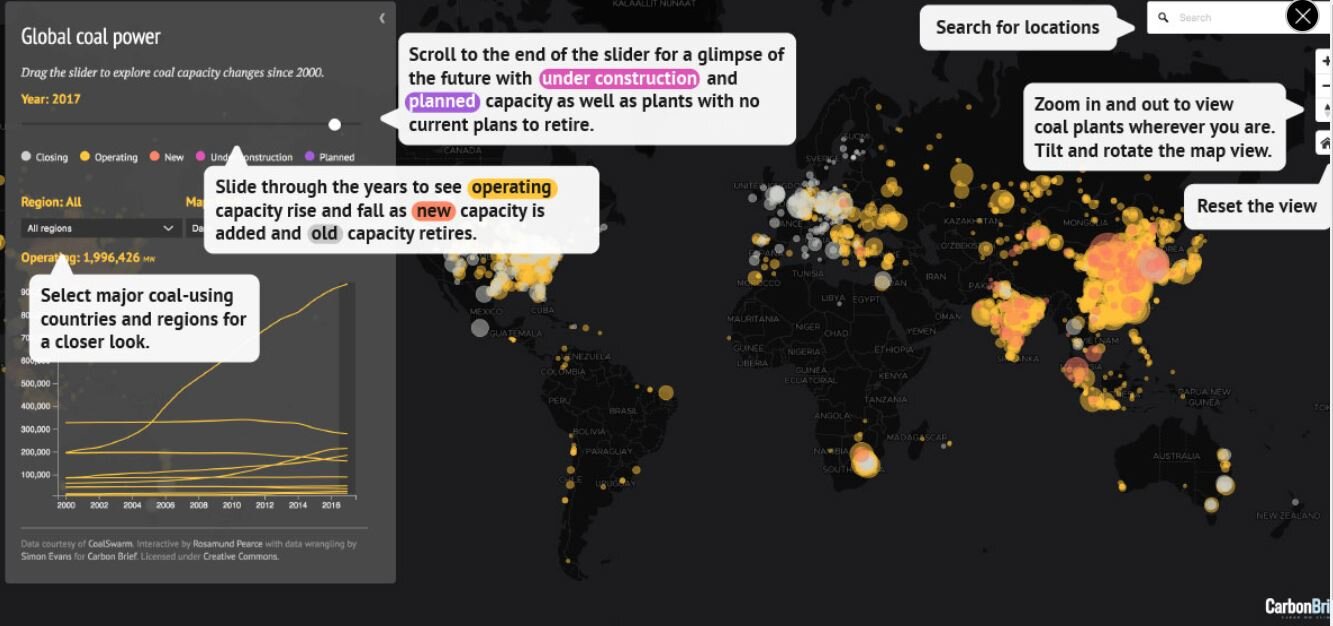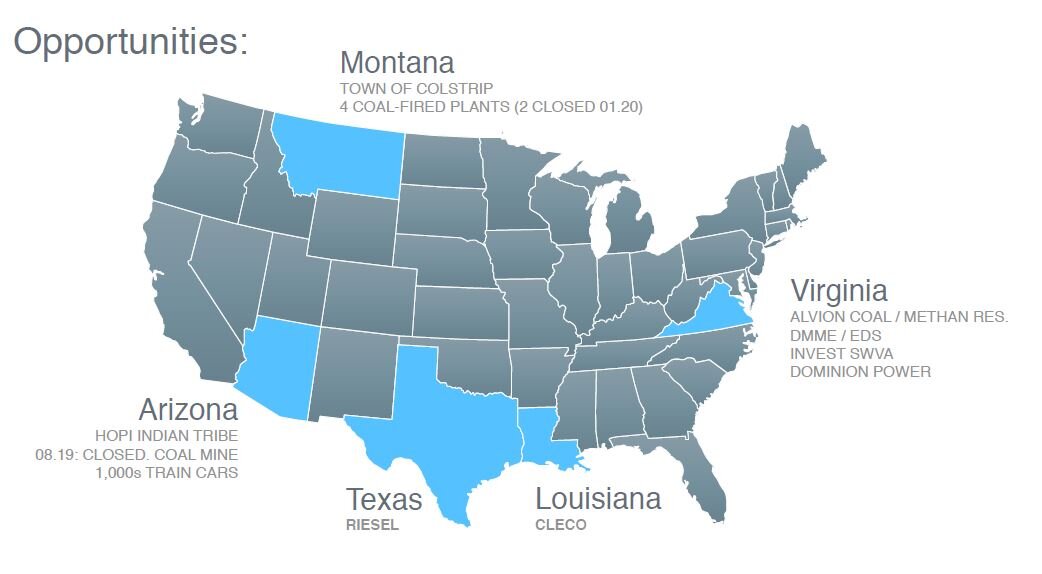Q & A
Chibuike Jigo: What efforts are the extractive industries putting towards letting the government know that this is where we are, this is where we stand, that natural resources will soon be over by 2048 or 2050. So what policies had been geared towards making the government realized that this is where we stand?
Prof. Damilola Olawuyi: Well, thank you very much Chibuike. That's a fantastic question. I know that even when we talk about agriculture in Nigeria, no one is interested, well at Afe Babalola how many people are studying agriculture, you know, even though I know very well that the founder provided a lot of incentives and said if you study agriculture, you know, it is cheaper, just study agriculture, but you know, the truth is that the agriculture sector has just remained less attractive to a lot of people and I think it all starts with this whole idea of you know, the emphasizing oil and gas, you know, everyone wants to work in the oil and gas industry. No matter what you do in the oil and gas industry, you are well respected. I think that has to change, you know, there is a need to make the other sectors equally, you know important and equally attractive to everyone so that to change that narrative and extreme focus on oil and gas, that's number one. Number two is that I agree with what Afe Babalola University is doing in terms of spearheading this whole poll education approach, you know, which you know empowering students to think about agriculture, to think about sustainability as a whole and I think every institution every University in Nigeria should learn from Afe Babalola University and see how they can also promote that sort of, you know, for example, I know that ABUAD students can learn about farming and can try and become entrepreneurs on their own. We have seen a number of people leave the University to become entrepreneurs and start Innovative ventures and I think those are some of the ways in which you can view the new generation that is less dependent on this whole oil and gas promoting sustainability education, promoting whole education, promoting agriculture, you know, promoting Innovation and an Enterprise development is exactly the way to go and I think if we can do more of that we will make progress.
Alex: Why are some solid minerals left largely untapped in Nigeria, bearing in mind that can help to address energy deficiency issues and also diversify the economy, research Uranium, Gold, and some other solid minerals up North Nigeria. Why are they left untapped?
Prof. Damilola Olawuyi: Yes, thank you, Alex, that is a very fantastic question from a place of knowledge and I think the truth is that we've had as I mentioned we've had and you know an onyx, someone something like an inexplicable dependence on oil, you know, like, you know, almost like an addiction to oil and gas for many years and it was only recently that people started talking about the mineral sector, you know, the solid mineral sector. As a matter of fact, I think this does is one of the positive achievement of this current government because was the current governor of Ekiti state governor Fayemi, when he was Minister for solid minerals just recently, you know in the last, you know in the first term of the current government was when they began to accentuate this need for solid mineral diversification, and you see that the progress they've made just by talking about it so much over the last four years, now everyone is aware that we have so much you mentioned Gold, You mentioned Copper, you know, we have Uranium and we have all of that. So I think the awareness had already been created by the Fayemi led ministry of solid minerals and the next step is to build on that awareness and ensure that we continue along that path. Why is it that you know, they didn't do this in the past. Like I said because oil and gas was providing a lot of money and everyone just thought what else do we need? Now everyone knows that the oil and gas money is about to end, so this is the right atmosphere. I think COVID has also played the right stump because it has created the perfect crisis because no one cares about oil and gas right now. I joked with someone that a barrel of oil is so cheap that you know, it's cheaper than table water you know, so again, which means if you have another commodity like Gold another, you better start looking at them because you know oil is no longer the golden child that it used to be. So I think, so those are some of the reasons why historically we've not focused on them. Again, because we've not focused on them we've not been able to appreciate the full issues. People have raised concerns when we talked about Uranium in the past, that oh you want to kill the whole country with Uranium which is environmental, which can lead to death and the likes. Yeah, but a lot of countries are producing Uranium because they have spent time studying it perfecting it. So I think if we begin to study it as well who will be ready to produce it and will be ready to use it. Lithium, you know is another one you know, which the Lithium is like a very expensive commodity because there is a huge demand for Lithium. Everyone that has a laptop uses a Lithium battery every form relies on and you know, so Nigeria can produce its Lithium and raise a lot of money from all of these things. So I think we are about to see a transformation and already I am beginning to say, I'm not an oil and gas lawyer, I'm an energy lawyer so that I can be part of the opportunities coming in the mining sector.





